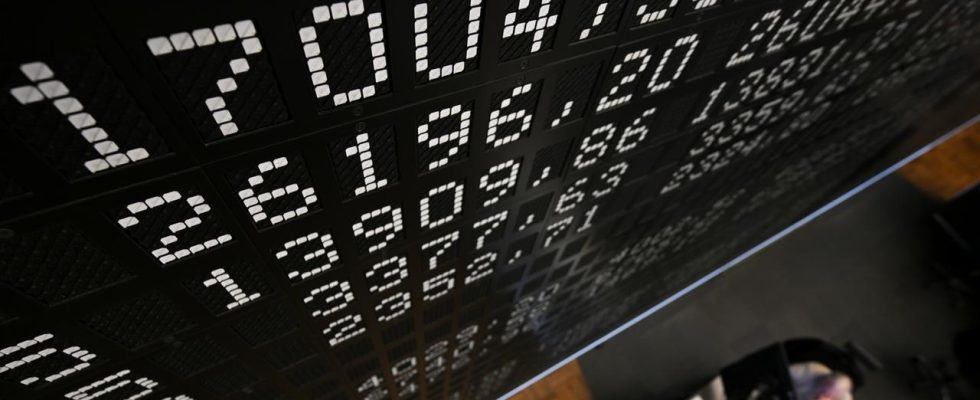background
Mercedes is doing it, as are Siemens, Apple and Berkshire Hathaway: share buybacks are increasing. What goals the companies are pursuing – and what the consequences are for investors.
More and more entrepreneurs are taking money to buy up their own shares. This is called share buyback on the stock market. Companies have various options for this: Firstly, via the stock exchanges. Like any market participant, companies can buy or sell shares there, including their own. On the other hand, they can make a public purchase offer to their shareholders with a fixed number and a fixed price.
The general meeting must give the board the “go” to do this. For this purpose, the scope and period of the buyback are precisely defined. The law stipulates from the outset that companies are only allowed to reacquire a maximum of ten percent of the share capital.
A company can take the repurchased shares out of circulation, i.e. delete them. Another option is to give them to the workforce as a kind of bonus. Some companies use this for motivation.
Added value for shareholders
But why do companies buy their own shares – after all, a share buyback costs money? Money that is no longer available for investments or debt repayment?
It happens “when companies see more opportunities in investing in their own company instead of continuing to invest in operational business or on the capital market,” says stock market expert Andreas Lipkow. This is a business decision that needs to be carefully considered. “And of course you give shareholders more value.”
In short: These programs improve the price – in a legal way: If a larger number of shares disappear from the market and the number of tradable shares decreases, then the supply becomes scarcer. Profits and dividends are then spread over fewer shares. The result: Earnings per share increase, even though the company does not have to have earned any more. The share price usually increases.
Protection against takeovers
Share buybacks can also protect a company from a takeover. If a company does not want to be taken over, it can counteract this by buying back shares. Then it becomes more difficult for the competitor willing to buy, because fewer shares mean higher prices.
In particular, more and more companies in this country are taking advantage of the price increases: Siemens, SAP and Mercedes are the largest buyers. In Germany, DAX companies want to invest a total of around 16 billion euros in buying back their shares this year, Commerzbank recently analyzed. That would be a record value.
Shareholders benefit from this in the short and long term. The announcement of such a program usually causes the share price to rise. In the long term, an evaluation by the asset manager HQ Trust shows that share buybacks can be an advantage for shareholders.
Buybacks often pay off Price increases
To do this, HQ Trust analyzed the development of the global investing MSCI All Country World Index over ten years: On average, the North American stocks in the index rose by 13.7 percent annually during the period. According to HQ Trust, 3.5 percentage points go to buybacks – even more in Europe: although prices rose by an average of 6.8 percent annually, buybacks in Europe accounted for 26.8 percent.
Buybacks have been common practice in the USA for years. Take Apple, for example: In 2022 alone, the iPhone manufacturer bought its own shares from the market for $90 billion, last year for $78 billion, in a financial year in which iPhone demand fell and the important Chinese market had become more difficult. Major investor Warren Buffett also repeatedly invests billions in his own stocks.
What critics complain about
It’s not just when business is going through more difficult times – there is fundamental criticism of share buybacks: it’s unimaginative to buy back your own shares; only committed to shareholders. Investing in the business would make more sense. In difficult times, it’s better to keep your money together.
While the buyback mentality has been increasing in Germany in recent years, the USA is currently backtracking somewhat. Last year, US companies bought their own shares for around $773 billion. However, that was 17 percent less than the previous year, according to a study by asset manager Janus Henderson.
In the USA the trillion dollar mark could fall
However, the investment bank Goldman Sachs predicts that buybacks will reach a record level next year because technology companies in particular are taking part in the programs: “Earnings growth is the most important driver for share buybacks,” Goldman Sachs explained in a study in March and backed this up with figures: For the first time, the trillion dollar limit for share buybacks by companies in the S&P 500 stock index is set to fall.
In addition to the prospect of rising profits, the possible fall in interest rates could encourage companies to spend more money on buybacks.

